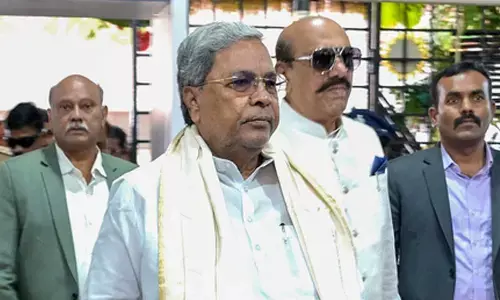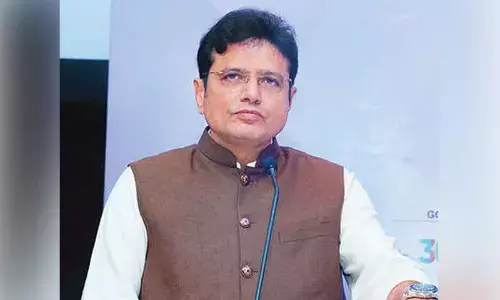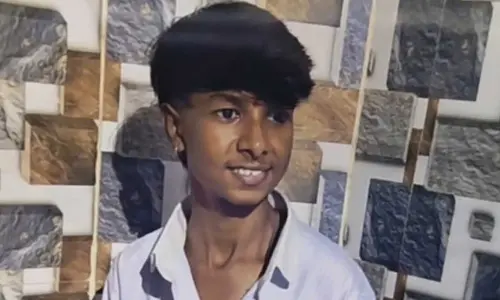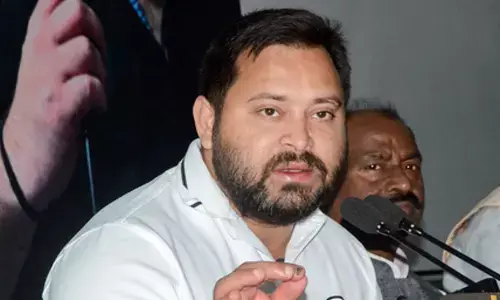CJI deplores absymal women-men ratio in legal professsion
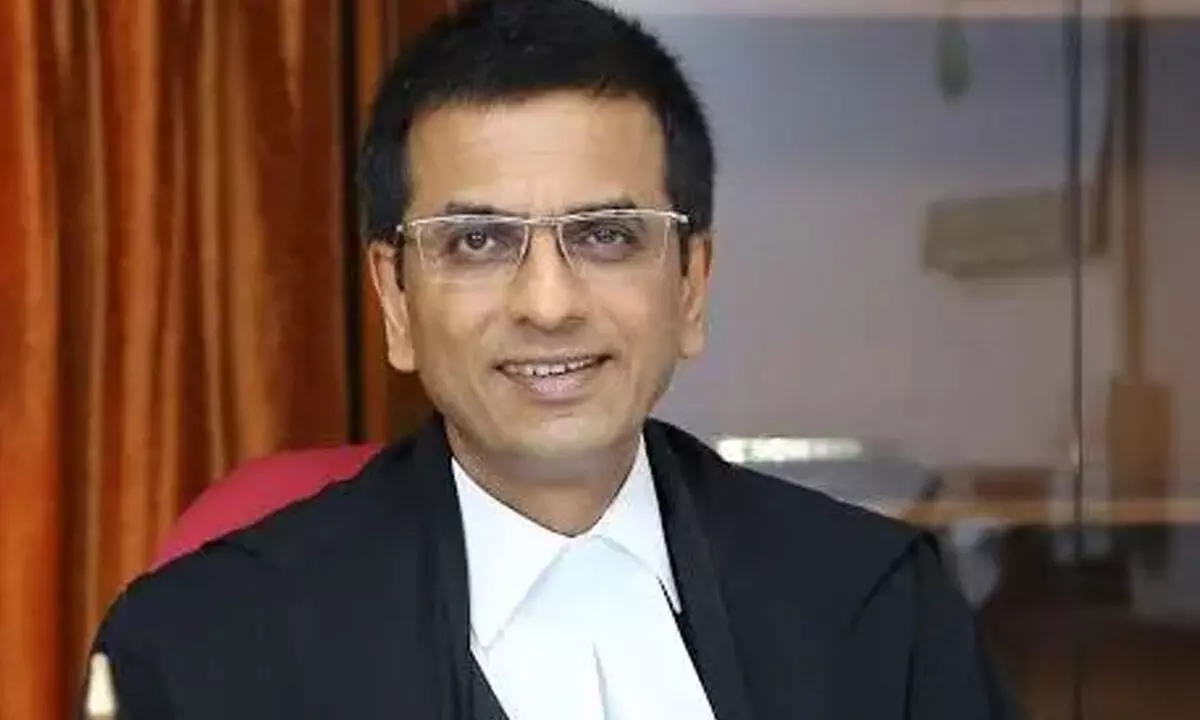
Chief Justice of India D Y Chandrachud
Chief Justice of India DY Chandrachud on Saturday flagged the “abysmal” women-to-men ratio in the legal profession and called for ensuring equal opportunities for women, asserting that there was no dearth of young, talented women lawyers
Madurai: Chief Justice of India D Y Chandrachud on Saturday flagged the "abysmal" women-to-men ratio in the legal profession and called for ensuring equal opportunities for women, asserting that there was no dearth of young, talented women lawyers. He was speaking at an event held here to mark the foundation-stone-laying ceremony for the Additional Court Buildings in the District Court campus and the inauguration of the District and Sessions Court and that of the Court of the Chief Judicial Magistrate at Mayiladuthurai.
The event was attended by Union Law Minister Kiren Rijiju and Tamil Nadu Chief Minister M K Stalin, among others. Stalin requested the CJI to ensure social justice in the appointment of judges to the High Courts and the Supreme Court. In his address, Justice Chandrachud said recruiting chambers were being "sceptical" about employing women, assuming that their "familial" responsibilities would come in the way of their profession. Citing the "abysmal" women-to-men ratio in the legal professiuon, Justice Chandrachud said, "Statistics inform us that for 50,000 male enrolments in Tamil Nadu, there are only 5,000 female enrolments."
"The legal profession is not an equal-opportunity provider for women, and the statistics are the same all over the country," he said. "The phase is changing. In the recent recruitment in the district judiciary, over 50 percent are women. But we have to create equal opportunities for women so that they do not fall by the wayside because of the fact that they undertake multifold responsibilities as they progress in life. "Chambers are sceptical about recruiting young women advocates. The reason for that is not a lack of young talented women," he said. "There is no lack of talented young women." Stating that there were prominent stereotypes against women that translated into women being denied opportunities, the CJI said, "Firstly, recruiting chambers assume that women would be unable to put in long hours at work because of familial responsibilities. We should all firstly understand that childbearing and childcare is a choice and women should not be punished for taking up that responsibility."
A young male lawyer may also choose to be actively involved in childcare and family care. "But as a society we force the responsibility of family care only on the women and then use that very bias against women that we hold, to deny them opportunities," he rued. "If a woman wants to balance work with family care, it is our responsibilty to provide institutional support. Setting up creche facilities in all court complexes across the country is an important step in that direction," CJI Chandrachud said.
"The Supreme Court of India and the Delhi High Court have already led the way on this front, and it is time the rest of the country follows suit." He requested the Chief Justice of the Madras High Court to take steps in setting up creche facilities at the High Court and all the district courts, saying this would go a long away in improving working conditions and providing substantative equal opportunities for women. Stressing on the need to enhance entry-level pay for junior lawyers, he said the pay in Madurai for young law graduates was just between Rs 5,000-12,000 per month. Such poor pay disproportionately impacted members of marginalised communities such as SCs, STs and women, he said adding that the impact of it could be seen in the fact that "the entry-level barrier" forced young graduates to take up other work, unrelated to their branch of study, just to make ends meet. "The usual defence by recruiting chambers for such low pay is that the first few years of a young associate's career is a learning stage where the senior mentors them," he said.
"Please shed away this paternalistic approach." The judiciary was "choking" with pending cases, the CJI said, even as he stressed the need for more infrastructure to ensure better working environs for judicial officers. Outlining various steps, he said, "We have introduced the hybrid system by which lawyers can appear before the Supreme Court both physically and virtually. "This facility enables the seamless connection between a judge sitting at Tilak Marg in Delhi and an advocate residing in Melur or Virudhunagar. Additionally, we have started live-streaming all Constitution bench cases. This provides students from Government Law Colleges in Madurai or Trichy the opportunity to watch Supreme Court proceedings," he said.










